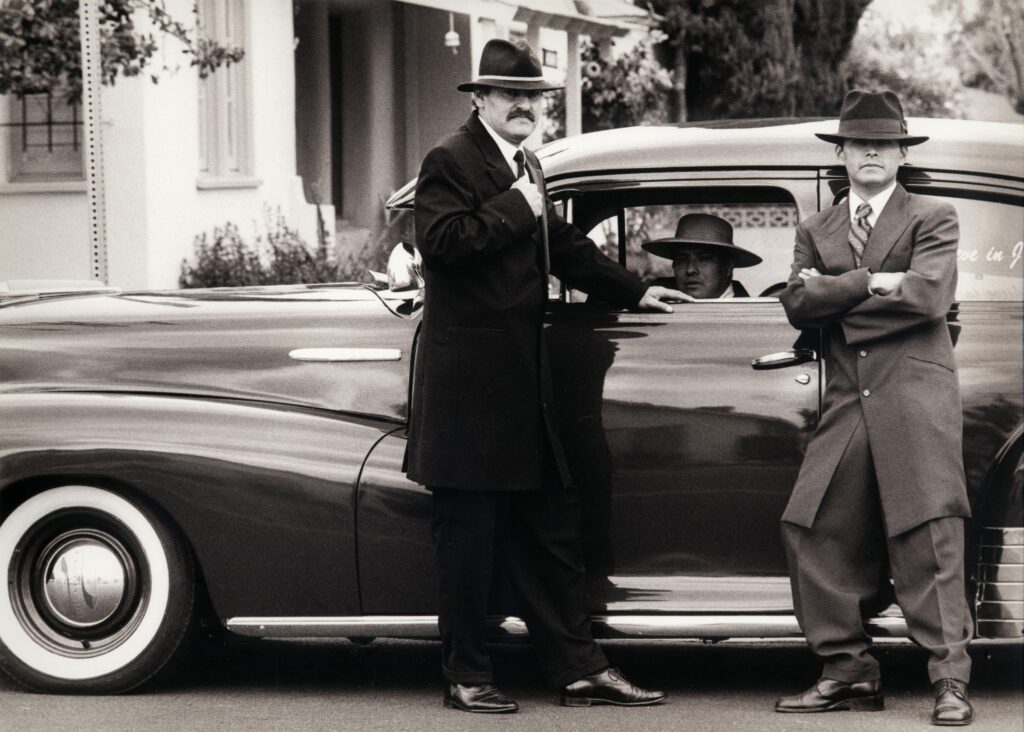For French language learners, the subtle distinctions between similar phrases can often be a source of confusion. Alors aujourd’hui*, we’re gonna have a little sit-down about some fancy French words.
One such pair of expressions that frequently puzzles my language students is “un jour” & “une journée”. Even though “un jour” & “une journée” both relate to the concept of a day, they have slightly different uses.
Now, I know what you’re thinking – “Why the @#$ do I need to know these?” But trust me, this kinda knowledge can come in handy when you’re dealin’ with your associates across the pond. Capeesh?🎩😂
Allons* clarify the difference between these two common French expressions once and for all!

Meaning and usage of “Un jour”
“Un jour” literally translates to “a day” or “one day” in English. This phrase is refers to a day in a more general or abstract sense. It is often used for future plans or general statements. “Un jour” carries the connotation of:
- An unspecified future time (one day)
- A hypothetical scenario (someday)
- A general occurrence
Examples
- Je n’ai pas bu depuis 2 jours. (I’ve been sober for 2 days.)
- Un jour, je deviendrai mon propre patron.👨⚕️(One day, I will become my own boss.)
- Un jour, je vais voyager autour du monde. (One day, I will travel around the world.)
- Si un jour tu visites Paris, n’oublie pas d’aller voir la Tour Eiffel. (If one day you visit Paris, don’t forget to go visit the Eiffel Tower.)
Meaning and usage of “Une journée”
“Une journée” also translates to “a day”. It is used to describe a period of time, but refers more specifically to:
- A specific day
- A particular 24-hour period
- The events or activities that occur during a day
- The duration of a day
Examples
- Ça a été une longue journée. (It’s been a long day.)
- J’ai passé une journée entière à lire ce contrat. 🕮 (I spent an entire day reading this contract.)
- Comment s’est passée ta journée au travail? (How was your day at work?)
- J’ai passé une belle journée à la plage.🏖️(I had a nice day at the beach.)
When to use “un jour” and “une journée”?
| Use “un jour” when | Use “une journée” when |
|---|---|
| 1) Talking about future plans, aspirations or occasional occurrences 2) Referring to a hypothetical or unspecified time “Un jour, we’re gonna run this whole city.” 💪 “If un jour you find yourself in a bind, you come to me, capeesh?”😎 | 1) Describing the events of a specific day 2) Talking about the duration of activities within a day “I had une journée de @#$ dealin’ with those mooks from the east side.”😡(Quite a bad day!) “How was your journée, boss? Did you take care of that thing?”😉 |

Just When I Thought I Was Out, They Pull Me Back In!
There are, in fact, other similar examples!
| General | Specific period |
|---|---|
| Un matin Un après-midi Un an Un soir Une nuit | Une matinée Une après-midi Une année Une soirée Une nuitée |
Conclusion : the difference between “un jour” and “une journée”
Voilà!* “Un jour” is for the big picture stuff, and “une journée” is for the day-to-day operations. Now you can talk to your French connections soundin’ comme un vrai capo*.🎩
Remember, in our line of work, it pays to be smart. So brush up on your French, and who knows? Un jour, you might just need it to expand the family business. But for now, à plus tard,* I’ve got une journée full of important meetings to attend to!
🥐 French vocab used in this article :
- Alors aujourd’hui – So today
- Allons* clarify – Let’s clarify
- Une journée de @#$ – One @#$ of a day
- Voilà! – There you have it!
- Comme un vrai capo – Like a real capo
- A plus tard – Talk to you later
🕵️Test your French vocabulary : difference between “un jour”, “un an”, “une journée” and “une année”
- J’ai passé – à lire le blog de Lola.
- On a passé une belle -.
- Je travaille 3 – par semaine.
- C’est le dernier – de l’été.
- – de travail est de 8 heures !
- J’ai 18 -.
- Charlotte apprend le français depuis plusieurs -.
- Ils partent en vacances cinq fois par -!

